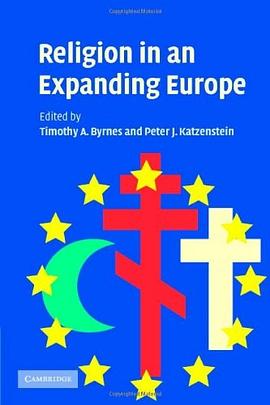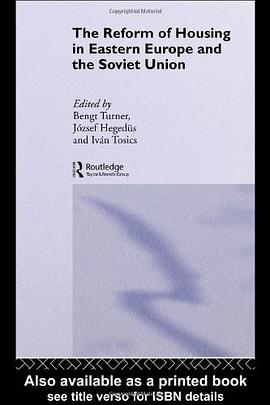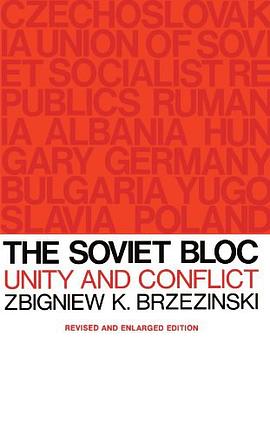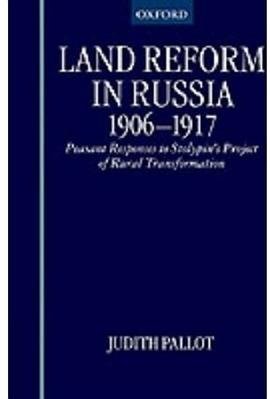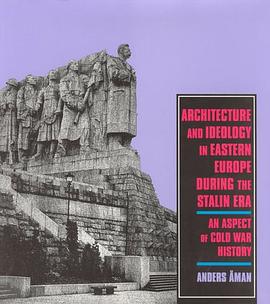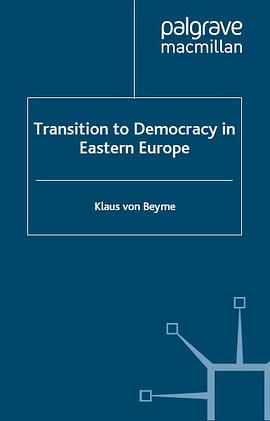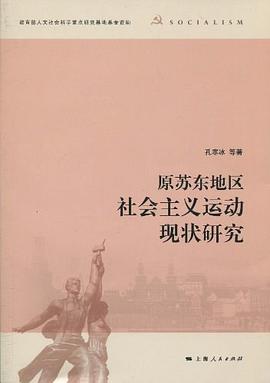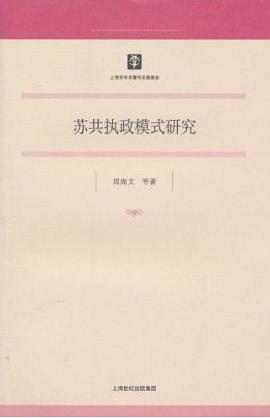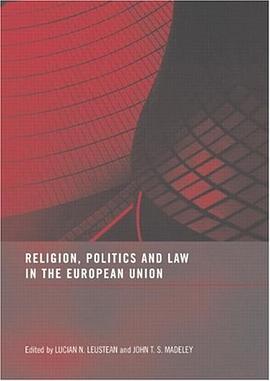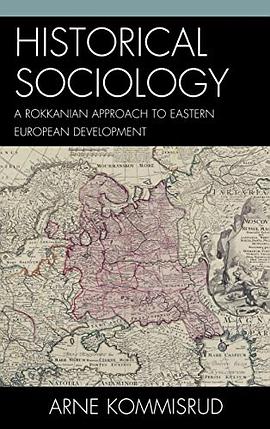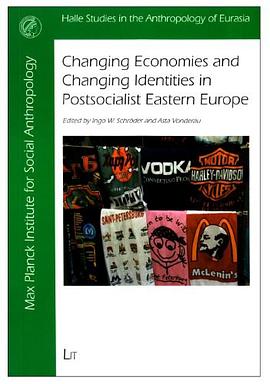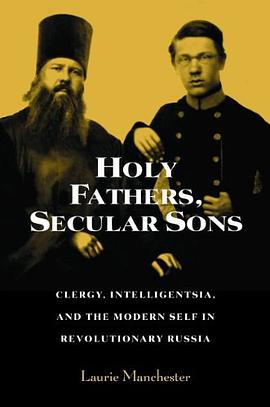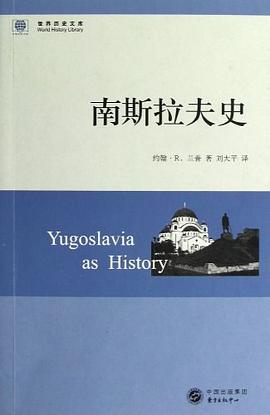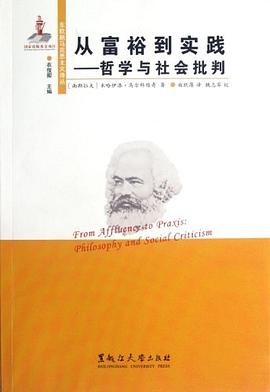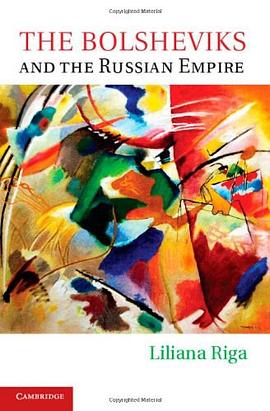

This comparative historical sociology of the Bolshevik revolutionaries offers a reinterpretation of political radicalization in the last years of the Russian Empire. Finding that two-thirds of the Bolshevik leadership were ethnic minorities - Ukrainians, Latvians, Georgians, Jews and others - this book examines the shared experiences of assimilation and socioethnic exclusion that underlay their class universalism. It suggests that imperial policies toward the Empire's diversity radicalized class and ethnicity as intersectional experiences, creating an assimilated but excluded elite: lower-class Russians and middle-class minorities universalized particular exclusions as they disproportionately sustained the economic and political burdens of maintaining the multiethnic Russian Empire. The Bolsheviks' social identities and routes to revolutionary radicalism show especially how a class-universalist politics was appealing to those seeking secularism in response to religious tensions, a universalist politics where ethnic and geopolitical insecurities were exclusionary, and a tolerant 'imperial' imaginary where Russification and illiberal repressions were most keenly felt.
具体描述
读后感
评分
评分
评分
评分
用户评价
新学期看新书 从民族主义到国际主义的少数派 为什么选择了这条路 看完了,非常易读的一本,作者的观点简单总结就是阶级矛盾大于Ethnic问题,又赶上时代,催生布尔什维克。
评分新学期看新书 从民族主义到国际主义的少数派 为什么选择了这条路 看完了,非常易读的一本,作者的观点简单总结就是阶级矛盾大于Ethnic问题,又赶上时代,催生布尔什维克。
评分新学期看新书 从民族主义到国际主义的少数派 为什么选择了这条路 看完了,非常易读的一本,作者的观点简单总结就是阶级矛盾大于Ethnic问题,又赶上时代,催生布尔什维克。
评分太好看了
评分太好看了
相关图书
本站所有内容均为互联网搜索引擎提供的公开搜索信息,本站不存储任何数据与内容,任何内容与数据均与本站无关,如有需要请联系相关搜索引擎包括但不限于百度,google,bing,sogou 等
© 2025 book.wenda123.org All Rights Reserved. 图书目录大全 版权所有

